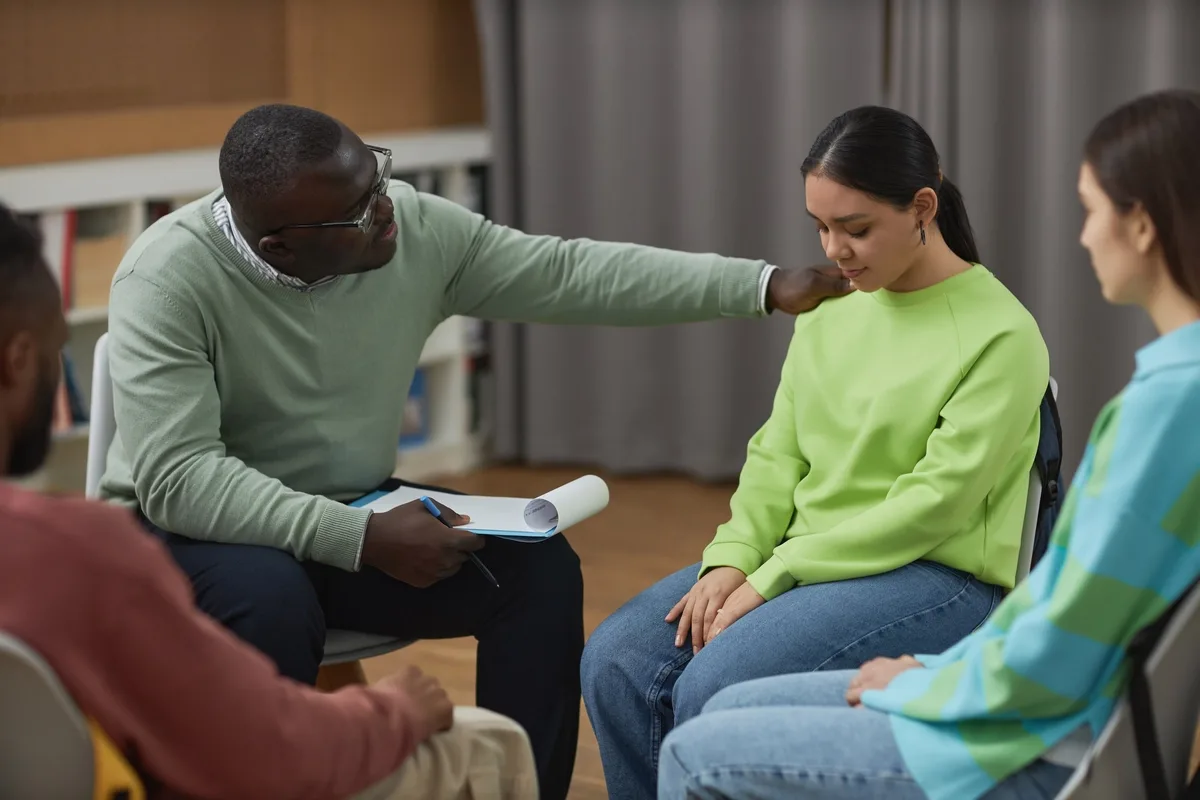24/7 Helpline:
(866) 899-221924/7 Helpline:
(866) 899-2219
Learn more about Opioid Rehab centers in Garfield County

Other Insurance Options

Oxford

UnitedHealth Group

Meritain

Choice Care Network

WellPoint

WellCare Health Plans

UMR

Optum

BHS | Behavioral Health Systems

Kaiser Permanente

Sutter

Optima

Excellus

AllWell

Access to Recovery (ATR) Voucher

Carleon

Sliding scale payment assistance

Regence

ComPsych

State Farm

Counseling and Recovery Services
Counseling and Recovery Services is a public rehab located in Sand Springs, Oklahoma. Counseling and...

Tulsa Boys Home
Tulsa Boys Home is a residential treatment facility for boys located in Sand Springs, OK. Tulsa Boys...

























































